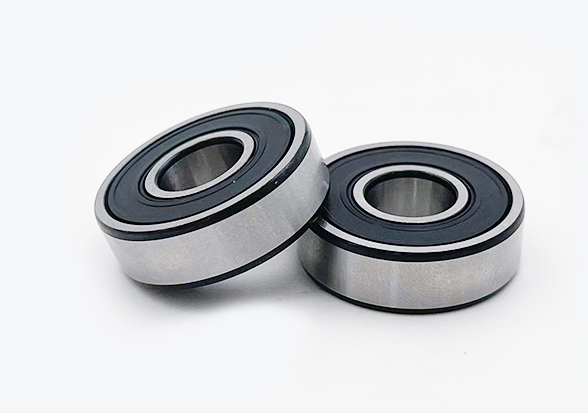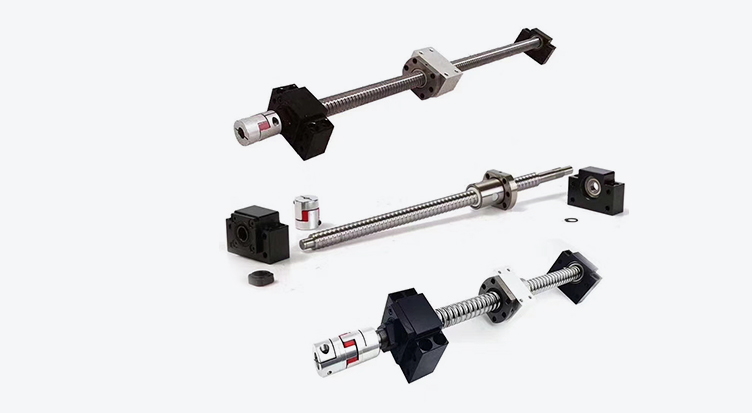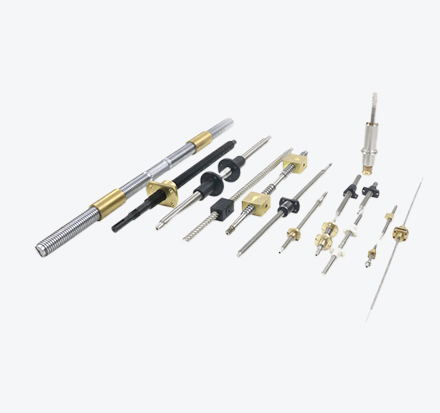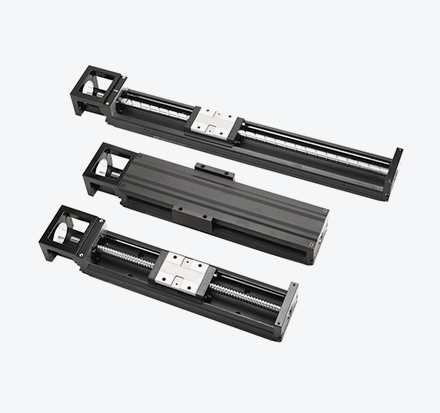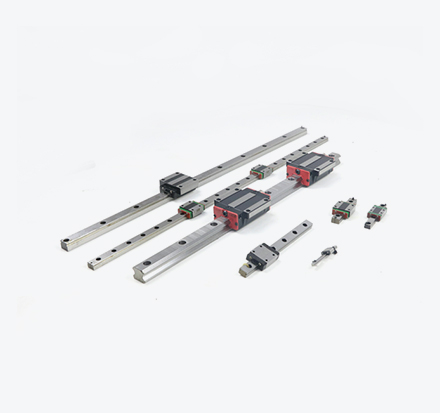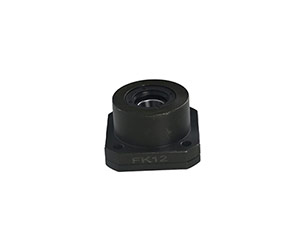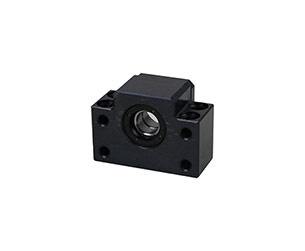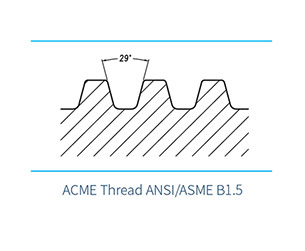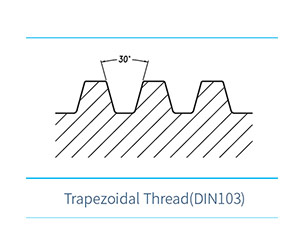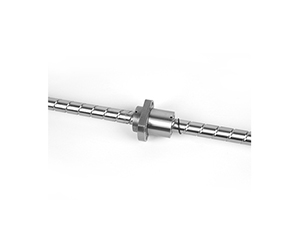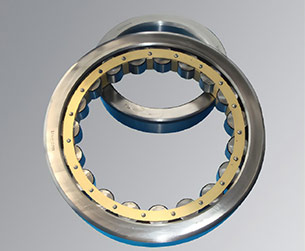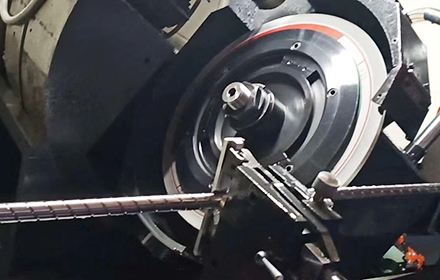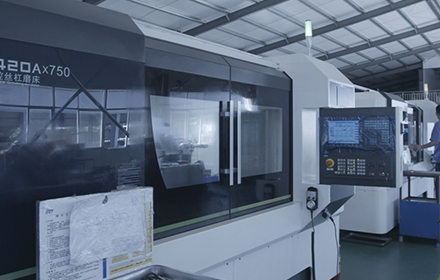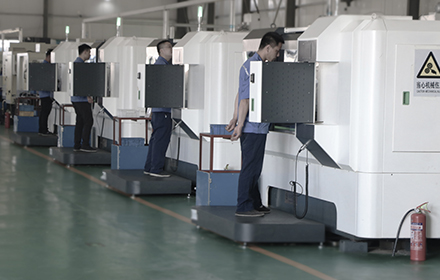When selecting components for precision motion systems, such as trapezoidal lead screws, the choice of nut material plays a pivotal role in ensuring optimal performance, longevity, and efficiency. Two of the most commonly used materials for lead screw nuts are brass and POM (polyoxymethylene). This article explores the differences between brass and POM lead screw nuts, their unique properties, and how to choose the best material for your specific application.
What is the Difference Between Brass and POM Lead Screw Nuts?
Brass Lead Screw Nuts
Brass is a metal alloy known for its durability, corrosion resistance, and excellent wear properties. These characteristics make brass nuts a popular choice for various applications, particularly in demanding environments. Here's a closer look at brass nuts:
Strength and Durability: Brass nuts offer high tensile strength, making them ideal for heavy-duty applications with high loads and moderate speeds, such as in industrial machinery or CNC systems.
Corrosion Resistance: Brass is highly resistant to rust and corrosion, ensuring reliable performance in humid or chemically exposed environments.
Low Maintenance: While brass nuts benefit from occasional lubrication, their inherent durability reduces the need for frequent maintenance.
Temperature Limitations: Brass performs well in moderate temperature ranges but may not be suitable for extreme heat, as it can lose strength at higher temperatures.
Cost: Brass nuts are moderately priced, offering a balance between performance and affordability compared to other metal options like bronze.
POM Lead Screw Nuts
POM, also known as acetal or polyoxymethylene, is a high-performance plastic valued for its low friction and self-lubricating properties. POM nuts are widely used in applications requiring precision and minimal maintenance. Key characteristics include:
Low Friction: POM nuts have a naturally low coefficient of friction, which reduces wear and ensures smooth operation, making them ideal for high-precision applications like 3D printers and medical devices.
Self-Lubricating: The self-lubricating nature of POM minimizes the need for external lubricants, reducing maintenance costs and contamination risks in sensitive environments.
Chemical Resistance: POM is resistant to many chemicals, making it suitable for applications in laboratories or environments with exposure to solvents.
Lightweight: Being a plastic material, POM nuts are significantly lighter than brass, which can be advantageous in applications where weight reduction is critical.
Load Limitations: POM nuts are less suited for heavy loads, as they may deform under significant stress compared to metal alternatives like brass.
Temperature Range: POM performs well in moderate temperatures but may not withstand extreme heat, similar to brass.
What is the Best Material for a Lead Screw Nut?
Choosing the best material for a lead screw nut depends on the specific requirements of your application. Here are some key factors to consider when deciding between brass and POM:
Other Material Options for Lead Screw Nuts
While brass and POM are among the most popular choices, other materials like bronze and nylon are also commonly used:
Bronze Nuts: Similar to brass but with higher strength and better performance in high-temperature environments, bronze is ideal for heavy-duty applications but requires regular lubrication.
Nylon Nuts: A cost-effective alternative to POM, nylon offers good wear resistance and self-lubrication but is less durable under heavy loads or high temperatures.
Why Choose VXO Linear Motion for Your Lead Screw Needs?
At VXO Linear Motion, we offer a comprehensive range of high-quality trapezoidal lead screws and nuts tailored to meet the demands of various industries, from CNC machining to medical equipment. Our brass and POM lead screw nuts are precision-engineered to ensure optimal performance, durability, and reliability. Whether you need the strength of brass for heavy-duty applications or the low-friction benefits of POM for high-precision systems, we have the right solution for you.
Ready to Find the Perfect Lead Screw Nut for Your Application?
Explore our full selection of lead screws and nuts to find the ideal components for your project. Contact our expert team today for personalized guidance and recommendations tailored to your specific needs.
 English
English
